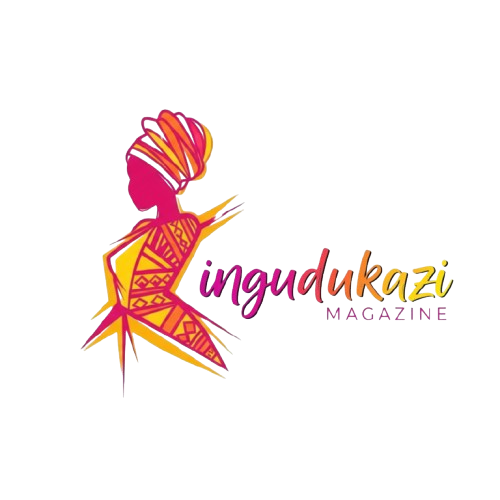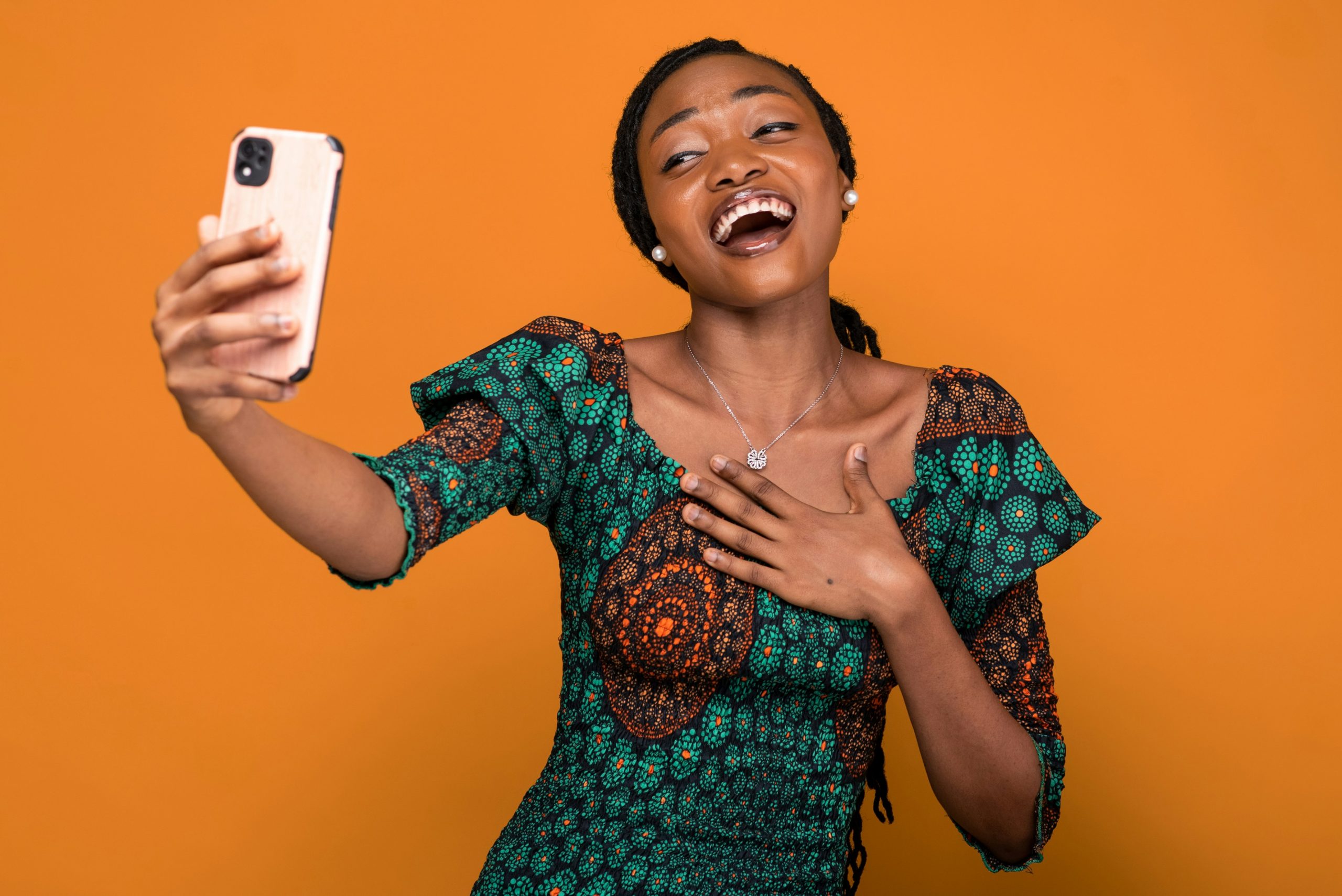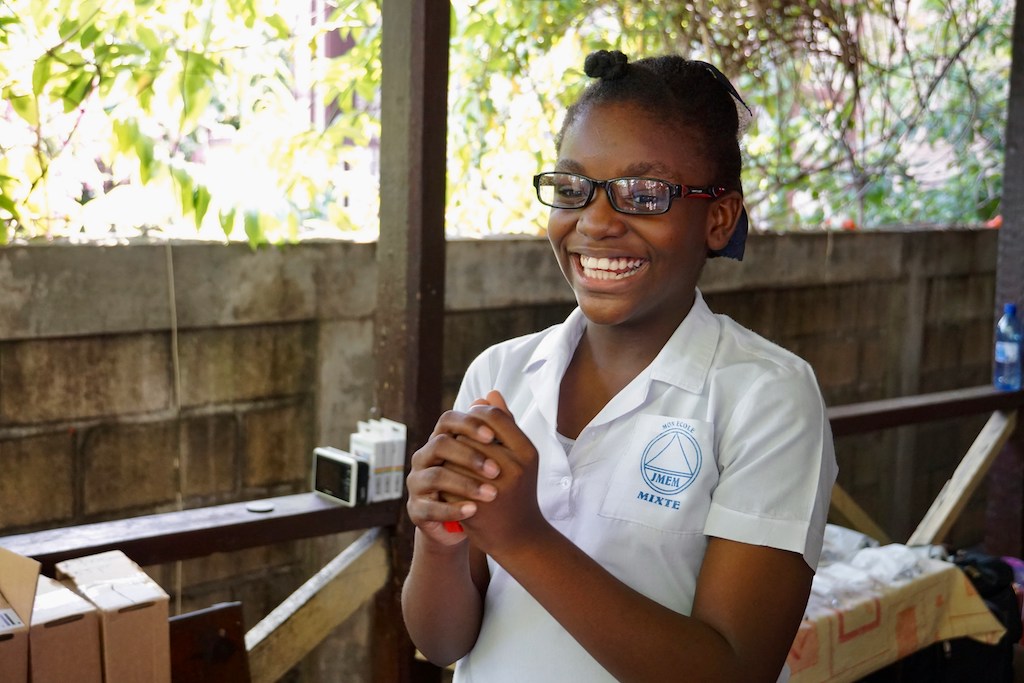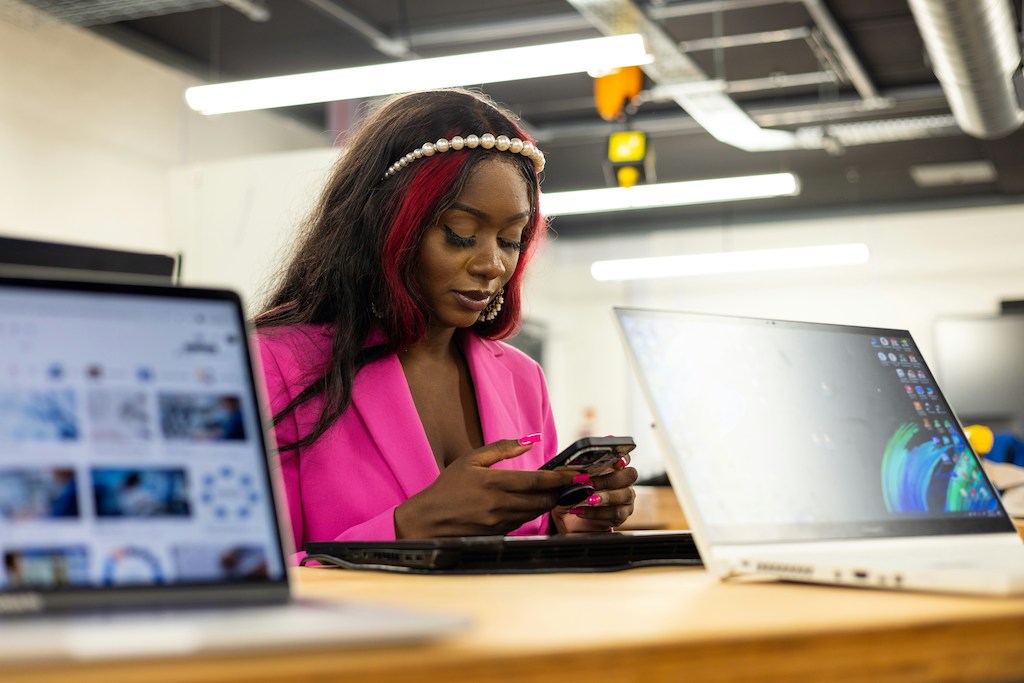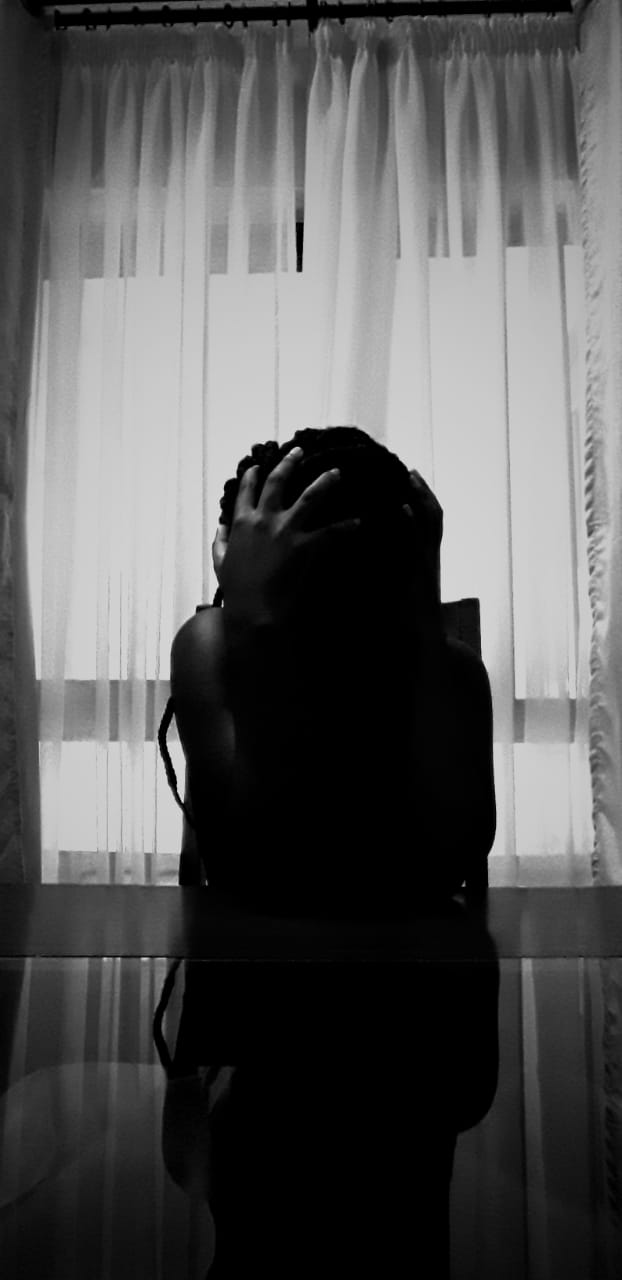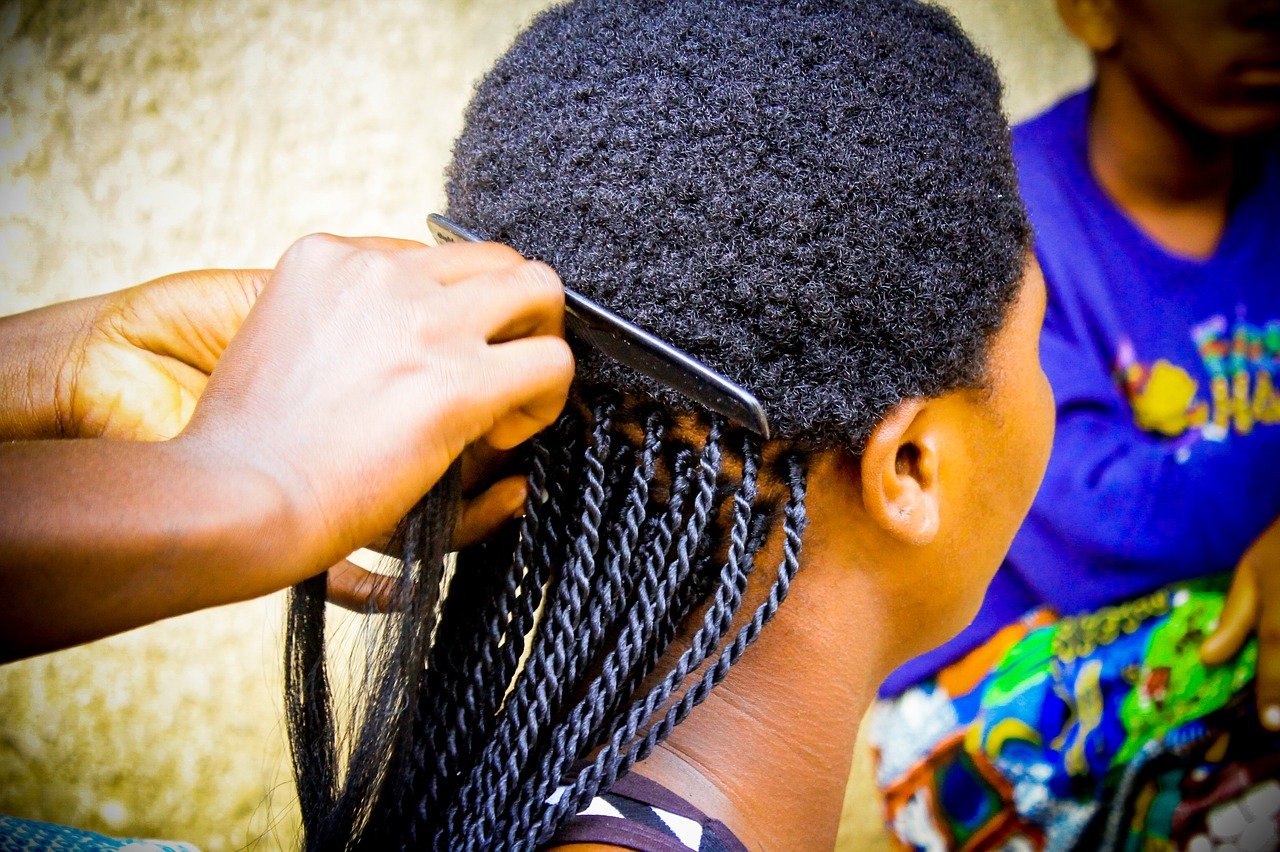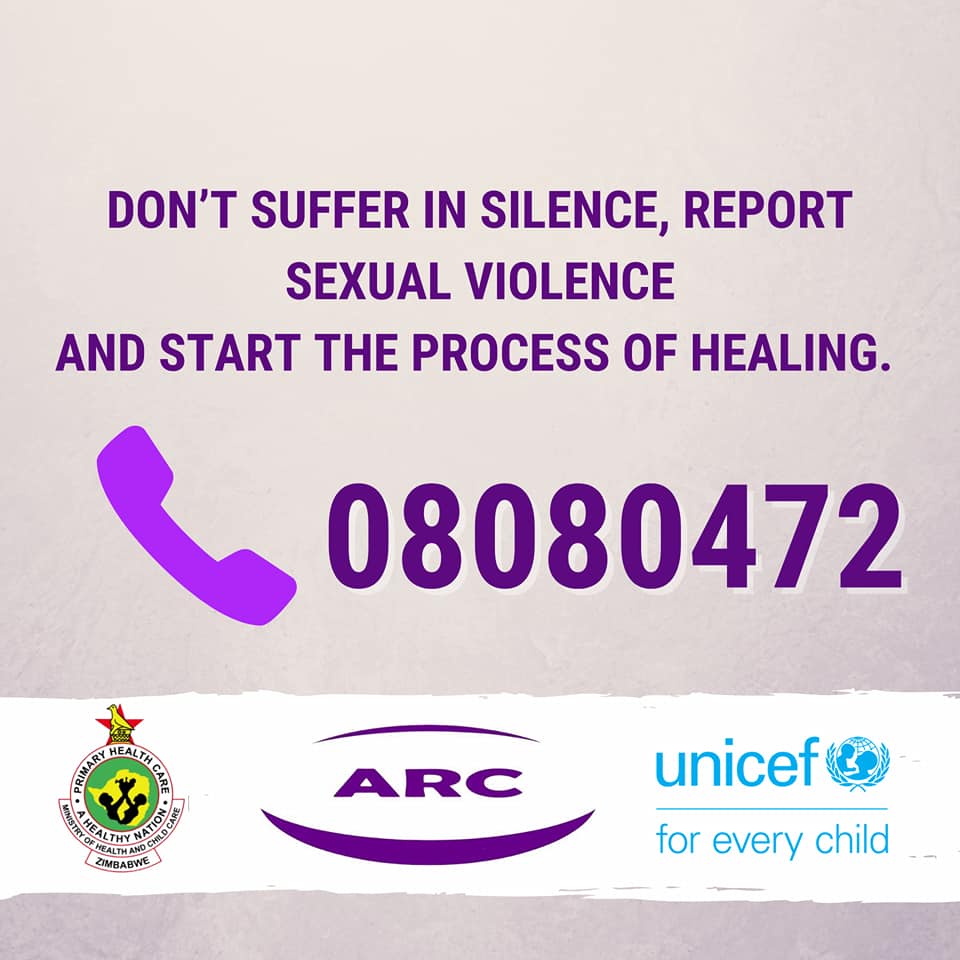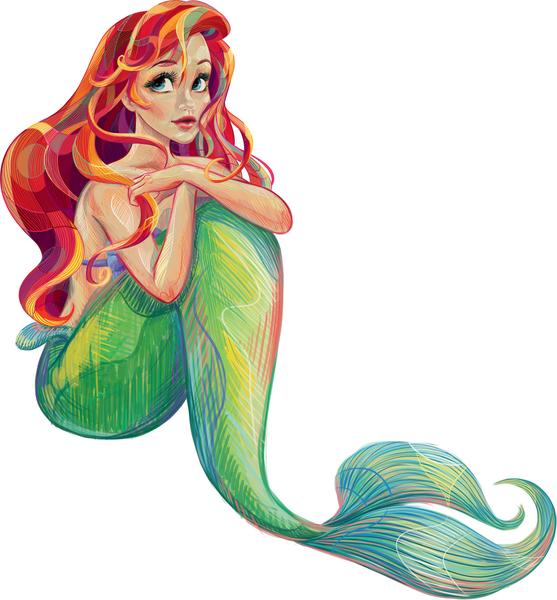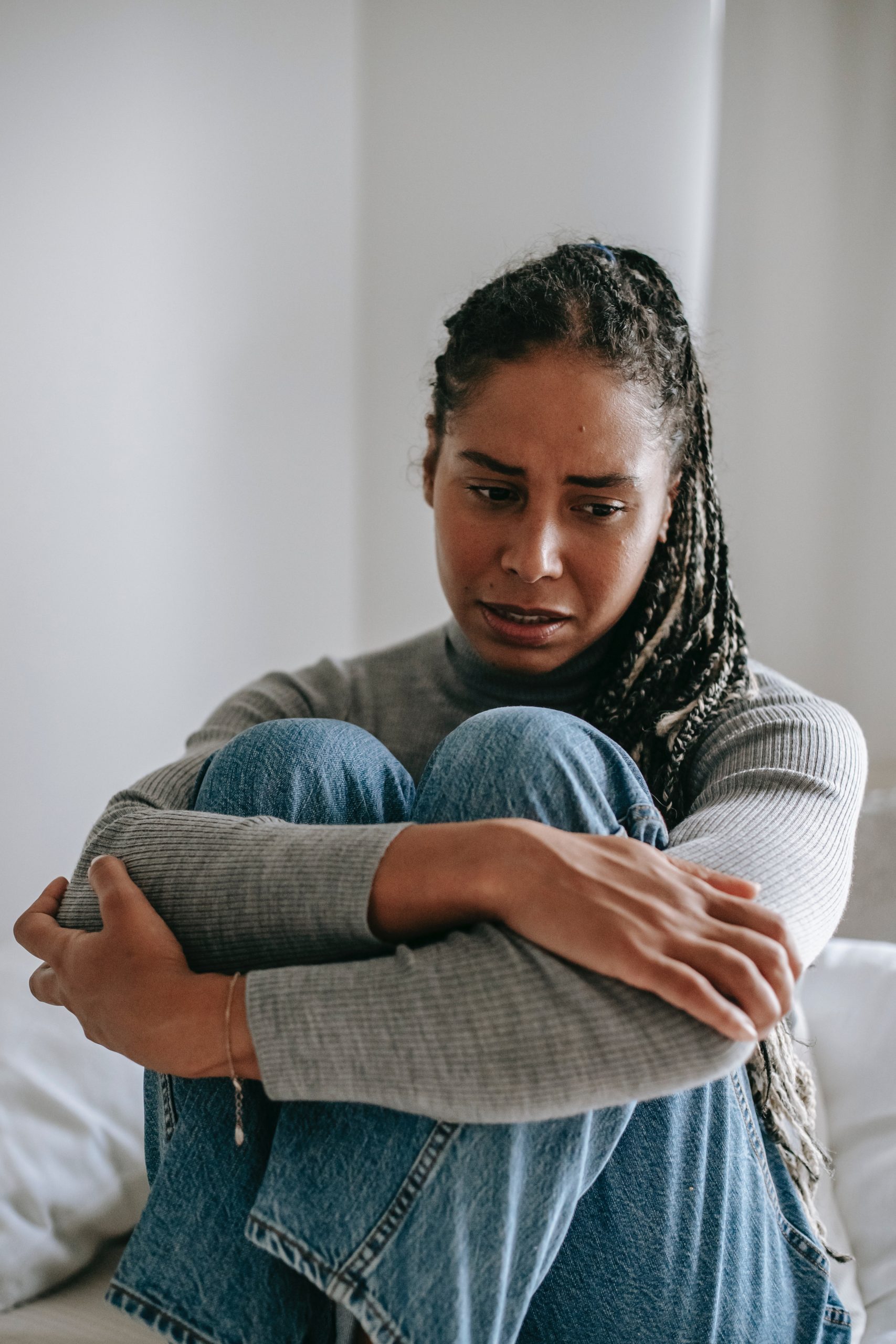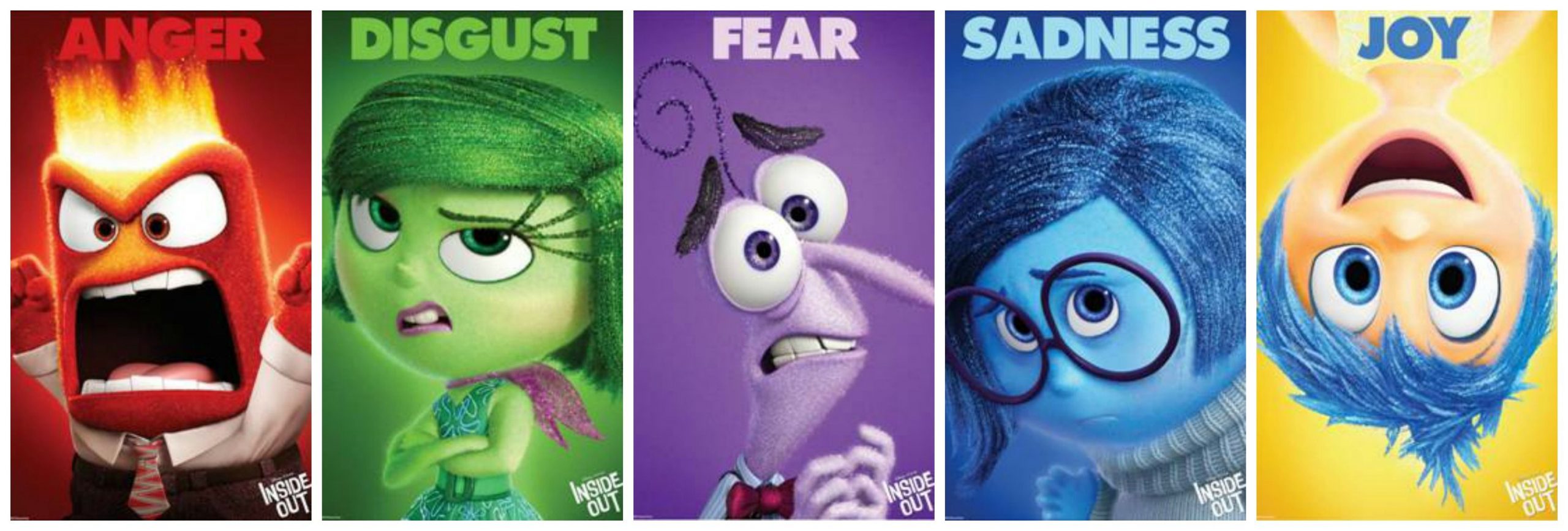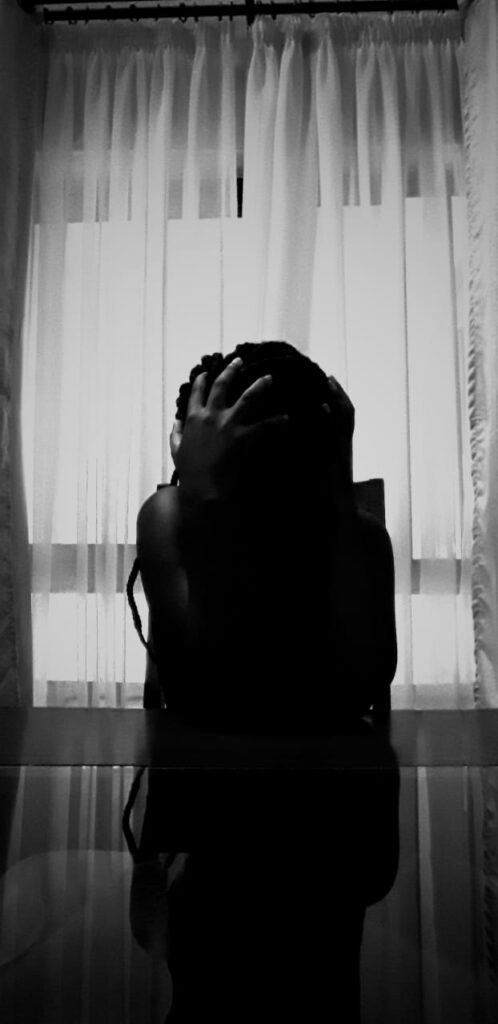
A few days ago, Exposure Photography (Phakamile Sibanda) was allegedly reported for rape by an 18-year-old pregnant woman, sparking heated conversations about false rape accusations, what a “good” man he is, that women put themselves in that situation and so on. If you’re on the “false rape accusation” camp, stick around while I challenge you with my following analysis. If you’re in the “I believe her” camp, congrats, I’m about to arm you with ammunition for your next heated debate around the controversy. This article isn’t to argue his guilt, it’s to question people’s reactions around the controversy, because they really made me want to high five these people, in their faces, with a brick, because what the hell, bazalwane?
Rapists and abusers aren't scary to look at, you can't tell just by looking at them that they're abusive. Most of them look like normal people. They live, work and play among us.
That's right the scary part.
— Zvakanaka OUT NOW 🔥 (@SoulDeepZim) January 8, 2019
I saw many tweets and Whatsapp discussions about him being a “chilled”, “good” man who would never do such a thing, so they believe him. Such flawed logic to decide whether someone is predatory, is problematic. Please explain what a rapist “looks” like. Do they walk around with signs written “Hi! I’m the resident rapist!”? Do they all wear the expensive cologne Eau de Creepy? Do they wear black capes, have two horns, a tail and a pitchfork? Do they wear merchandise from their fashion line called Creepyville Apparel? Legend has it they don’t laugh like normal people, they laugh like, “mwahahaha!” then lightning splits the sky in half. That’s how you spot a rapist, folks.
Anyone could be a rapist: good, kind, funny, popular, respected people. They are millionaire film producers like Harvey Weinstein, famous soccer players like Cristiano Ronaldo, they’re doctors, lecturers, and award-winning photographers. Heck, sometimes they are women, but for purposes of this article, I focus on men. 1 in 4 men in South Africa, and globally, admit to committing rape. What this means is your friend and favourite photographer could be a rapist. It’s funny how people claim to be against rapists yet they only are until it’s inconvenient because someone close to them has been accused. Take Ronaldo for example, whose DNA was matched to evidence in the rape case, but his fans still defend him and call his victim a liar. In the same way people defend Exposure Photography just because they know him.
https://twitter.com/Kayode__ani/status/1094202348241596422
Even if he’s charming, you realise his rape victim isn’t the only woman who has complained of his sexual misconduct? According to The Chronicle, more female clients experienced his tactic of entering the changing room when they’re dressing up, touching them inappropriately, harassing them and in some instances, he’s alleged to withhold their photos if they refuse his advances. Apparently, he gets angry when they come with a second person. Point is, the world doesn’t begin and end with your subjective experience or impression of an accused person. Where you see a good man, someone experienced a predator. It’s important to be empathetic with victims, because I wonder how these same people would react if the victim was their daughter, wife, friend or sister. But we shouldn’t be compassionate because a person is someone to us, we must be compassionate because they are someone.
In a group chat I’m in, someone said women are crazy and would do anything to get back at men, like falsely accusing them. Why is your first assumption always that she’s lying? When a man says he never raped someone, you believe him; but when women say they were raped, you want 10 pictures, a rape kit, video footage and 100 witnesses. Tons of convicted male rapists but they don’t ruin the credibility of men, but one false rape accusation and the credibility of all women is ruined. If that’s not male privilege, I don’t know what it is.
I’d just like to add, as an African woman, instead of getting back at him by falsely accusing him of rape, I would call “Prophet Moyo from Binga” and my grandmother in Masvingo to hurry on her broomstick and get her ancestors in formation to deal with the guy I hate traditionally.
Statistically speaking, men are nearly as likely to be falsely accused of rape as they are to be struck by lightning; so if you are serious about protecting men, buy them lightning rods. The prevalence of false rape allegations is between 2-6% of cases (studies with more rigorous methodologies report 2.1%-2.5% ); 2-6% is about the same rate of other crimes, yet people don’t make noise about those false allegations. An allegation means saying a crime happened; an accusation is when someone is said to have committed the crime—but society confuses the two. Research suggests majority of false claims don’t name a perpetrator—they’re usually vague allegations of a stranger. Moreover, in 99.6% of allegations, no innocent man will be falsely accused of rape. So the concern that false allegations ruin innocent men’s lives is often a red herring.
If we believe people claiming they were sexually assaulted, we will be right 98% of the time AND spare them the post-traumatic stress of being treated like a liar despite their ordeal. You can argue with me but you cannot argue with numbers—except for humanities students, we have tension with numbers, given that we confirm with the calculator if 1+1=2. So yeah, arts students can argue with numbers.
There’s a huge difference between inability to prove in court that an offence has happened and claiming these cases are false; yet these cases have been conflated with false allegations. People keep yelling, “we want proof!” But apart from a rape kit and if lucky, witnesses, how do you prove you were raped? If you can answer this question, by all means scream “proof!” but no one has ever answered this question for me. Which leaves us with the option of finding a sangoma in Binga to throw bones and prove the victim right; but it’s lockdown and intercity travel is banned so we have no choice but to argue in blog posts like this one.
People also asked why Exposure’s victim reported two days later without a rape kit but you clearly don’t understand trauma. Some victims get so traumatised that they only report when they’ve gone past shock and processed it—which can be days or even years later. Regarding rape kits; imagine you were just violated, now you have to have another stranger remove your clothes, touch your skin and examine your vagina—for some, it’s just not worth being violated again because it’s triggering.
https://www.facebook.com/floridah.r.mapeto/posts/3870507596327976
People said she asked for it because she was alone in a private photoshoot with a man; she should have brought a second person. So women must now go for photoshoots with escorts like they’re children being escorted to the playground? Literally every time women are raped, people ask why she was at the club, out at night, alone at a guy’s house yet women are raped EVERYWHERE. Uyinene Mrwetyana was raped at a post office. Women aren’t safe ANYWHERE. So instead of blaming the places women are alone, blame the society which means women can’t feel safe alone at a photoshoot. Otherwise, we must now go buy groceries, enter our own houses, go pay bills, commute, breathe, fart with escorts because we aren’t safe anywhere.
I really am tired of y’all hey; tired enough to hug you, around the neck, with a rope.
People said Exposure does half nude photoshoots so he was tempted and couldn’t help it. Listen Lovemore, people rape bodies not outfits. A woman can be fully dressed and still be raped. Babies get raped, were their diapers too sexy? Nude and boudoir photoshoots are normal in the photography industry; why have these other photographers not raped women at nude photoshoots? Why can lesbian women control themselves around nude women in changing rooms? As Africans, we’ve walked around naked for centuries without our dress code changing because if someone rapes, the problem is their character, not a woman’s clothing. “I couldn’t control myself” is a confession in other crimes but a valid excuse for rape.
When violated, victims are scrutinised with questions around their actions, instead of the perpetrator’s, aka victim blaming. This secondary victimisation aggravates the emotional trauma of victims, making them feel unsafe to speak out. Through this, we negate the validity of their experiences through undermining them with such trivial questions which don’t solve the problem of rape—instead we sexualise and objectify women’s bodies by analysing their dressing.
Okusalayo, I believe Exposure’s victim because there’s a 98% chance she’s truthful. Evidence around false allegations fails to support people’s uproar that they are common and innocent people’s lives are ruined. And victim blaming doesn’t hold the perpetrator accountable, it offers them a scapegoat to evade punishment. This is why aliens don’t talk us; they see your problematic responses and go like, “there is no sign of intelligent life on earth, brethren. We shall depart to the next planet.”
Do not suffer in silence! Even during lockdown help is available in many forms call our toll free number for assistance 08080472@memorykadau @LeeroyNakai @MUSASAZIM @263Chat @kubatana @NLinZimbabwe @ZimWomenLawyers @ShamwariyeMwana @amplifyfund @UNFPA_Zimbabwe #maskupzimbabwe pic.twitter.com/GY14YHa8Pl
— ARC (@AdultRapeClinic) January 5, 2021

